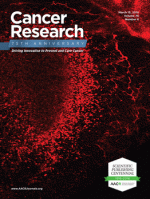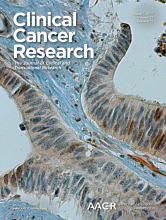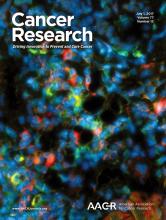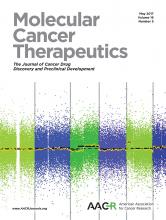 A pharmaceutical company has admitted that one of its former researchers falsified early data on a compound that’s designed to fight cancer, now in human trials.
A pharmaceutical company has admitted that one of its former researchers falsified early data on a compound that’s designed to fight cancer, now in human trials.
The data, published as an abstract in August 2015 in the journal Cancer Research, reported a therapeutic benefit of acalabrutinib in a mouse model of pancreatic cancer. The compound, developed by the company Acerta Pharma, has also been the subject of additional trials published in the New England Journal of Medicine and Blood in 2015. The 2015 NEJM study, which had several authors in common with the Cancer Research abstract, showed the agent had “promising safety and efficacy profiles in patients” with relapsed chronic lymphocytic leukemia.
But an investigation into the data underlying the 2015 abstract shows some were falsified, prompting the journal to retract the abstract.
Ed Tucker, senior vice president of Medical Safety, Quality and Compliance at Acerta Pharma, told us that in August 2016 the company identified an issue with the data in the Cancer Research abstract and started an investigation:
Continue reading Early data on potential anti-cancer compound now in human trials was falsified, company admits


 How long should a retraction take?
How long should a retraction take?



 The former vice chancellor for research at the University of California, Los Angeles, has
The former vice chancellor for research at the University of California, Los Angeles, has 
